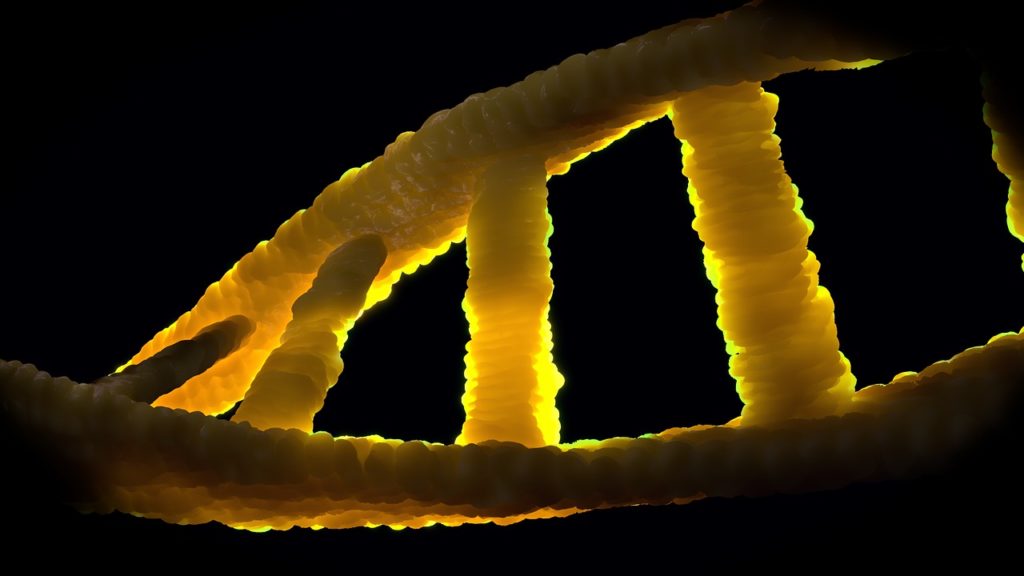News
Study claims dyslexia may protect against concussions

Researchers have been exploring every possible lead when it comes to understanding why some people appear to be more susceptible to concussions compared to others. Now, they may have finally uncovered a clue that could have significant implications for how we view brain injuries entirely.
As study co-author Dr. Hans Breiter explains in the Journal of Neurotrauma, “genotype may play a role in your susceptibility for getting a concussion.”
For the study, researchers from Northwestern University Feinberg School of Medicine compared the concussion history of 87 Penn State University football players with their genetic makeup. The DNA tests screened for a number of specific genetic markers, including one known as the KIAA0319 gene.
This specific gene comes in three variants: CC, CT, or TT. The CC version of this gene has also been found to be linked with dyslexia, a reading disorder.
Interestingly, those with the CC version of the gene were also less likely to have experienced a concussion compared to those with the other variants, according to the findings.
So far, the team has only been able to establish a causal relationship, but they have developed a few theories as to why the relationship may exist. Namely, they believe that the brain wiring tied to dyslexia may also help protect the brain from vibration or directional force.
“In dyslexia, you tend to have less-defined wiring for processing spoken and written language,” Breiter said in a press release. “Dyslexics have a problem with that. Their wiring is more diffuse in this system. Future studies could directly test if diffuse wiring is better able to absorb a shockwave than clearly defined wiring.”
Study co-author Amy Herrold also cites the potential for screening to protect athletes from head injury, which could enter into some complex ethical questions.
As she asks, “are there particular factors we can determine that put players at higher risk, and should those players be placed in sports that don’t have the potential for head trauma?”
If genetic markers like this are found to be a viable way of screening for a person’s susceptibility to head injury, they could one day be used to not only monitor players at risk but to also determine which athletes join which sports. For now, though, those days are quite a way off.



